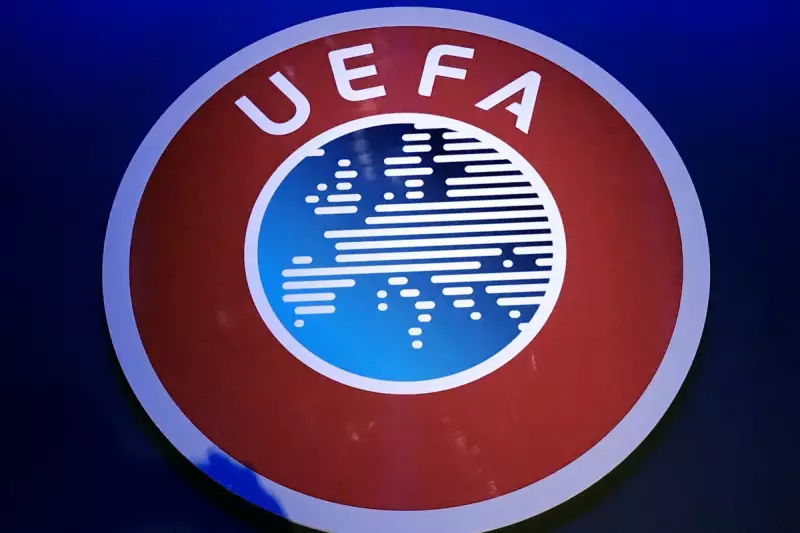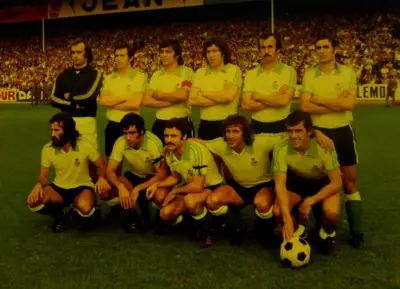
European football's governing body, UEFA, finds itself at the centre of a fresh storm as it greenlights a controversial plan to stage a Spanish football fixture on American soil. The annual Joan Gamper Trophy match, traditionally hosted by FC Barcelona at their Camp Nou home, is set to be relocated to Miami, Florida, in a move that has sparked significant debate within the football community.
The prestigious preseason friendly will see Barcelona face La Liga rivals Villarreal CF at the Hard Rock Stadium, home to the Miami Dolphins NFL team. This decision represents a bold, and to many, troubling step in the increasing internationalisation of European club competitions.
Tradition Versus Commercial Expansion
The Joan Gamper Trophy has long been a cherished tradition at Barcelona, serving as the club's curtain-raiser for the new season and a tribute to its founder. Moving this emblematic fixture thousands of miles away has been viewed by purists as prioritising commercial interests over sporting heritage and local fans.
UEFA's approval comes despite their own regulations typically prohibiting domestic matches being played outside of their home territory. This exception highlights the ongoing tension between preserving football's traditional structures and pursuing global growth and revenue opportunities.
A Recurring Controversy
This is not the first attempt to bring European league games to the United States. Previous efforts, notably by La Liga to host a Girona versus Barcelona match in Miami back in 2019, were ultimately blocked by fierce opposition from FIFA, regional federations, and fan groups.
The fact that UEFA is now supporting a similar initiative marks a significant shift in stance and suggests a potential softening of resistance to the concept of overseas league matches, often referred to as the '39th game' proposal that has circulated for years.
Fan Reaction and What Lies Ahead
Early reaction from supporter groups has been largely critical. Many argue that moving domestic fixtures abroad fundamentally undermines local fan culture and creates an unfair competitive environment. The logistical challenges for travelling fans and the alteration of the competitive balance are central concerns.
This fixture will be closely watched by other major leagues and clubs. Its success or failure could set a powerful precedent, potentially opening the floodgates for more European domestic matches to be played in lucrative foreign markets like the United States, Asia, and the Middle East.
The Miami game represents a pivotal moment in the ongoing debate about the soul of modern football, pitting tradition and local identity against the relentless drive for global expansion and commercial revenue.





